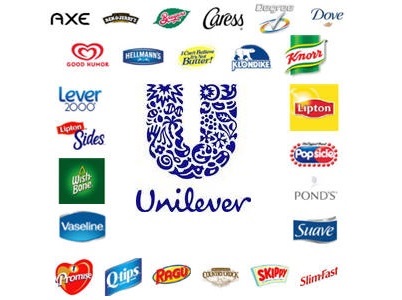Positive mentions in social media really do directly result in more sales, according to research by Unilever, despite previous evidence to the contrary.

Shawn O’Neal, the Unilever VP in charge of marketing analytics, told a conference on Sept. 17 about research that showed a correlation between social media buzz and sales, although he did not share details.
Speaking at the Association of National Advertisers Masters of Measurement Conference in Miami Beach this month, O’Neal’s findings appear to contradict the results of a similar study by Coca-Cola in 2013.
O’Neal’s supervisor at Unilever headed global market research at Coca-Cola when that study was performed.
Commenting on the new findings at Unilever, O’Neal said the results were enough to convince the FMCG giant’s senior leadership to “give us tens of millions more to continue what we’re doing.
“I didn’t have to tell them every way I got there,” O’Neal said. “It’s not about the data. It’s not about the analysis. It’s not about the tool. It’s about the question they asked: Does social activity represent an increase in my sales, and the answer is yes.”
Other key findings of the Unilever data team:
Only one in a thousand TV ad impressions prompts a sale
Marketing-tech startup Pixoneye cited an unnamed major pet food brand generated sales from four in a thousand digital ad impressions by targeting pet owners, and from 40 in 1,000 digital impressions by targeting cat and dog owners specifically.
Ice cream isn’t an unpredictable impulse category
For Ben & Jerry’s, people tend to talk about ice cream in social media from Wednesday through Friday night then buy it on Saturday. “So why are we spending money on Mondays and Tuesdays?” O’Neal asked.
White the general consensus is that sunny, hot weather spurs ice cream sales, Unilever has actually found rainy days are equally influential, he said. “That banner ad that goes out Thursday night should say, ‘Hey, the rain is coming this weekend. Snuggle up with some Ben & Jerry’s and watch that movie,” O’Neal added.
Data management- Do it Yourself?
O’Neal added that Unilever developed its own data management platform to crunch the flood of new consumer data generated by mobile and social media touchpoints. “I don’t know that it’s the right decision,” he said. “We may get a new one next week.”
O’Neal described himself as entirely agnostic on the in-house vs. external question, saying that Unilever in the past three years hasn’t signed a single contract with a new data or systems supplier that lasts longer than a year, because of the rapid pace of technology change.
